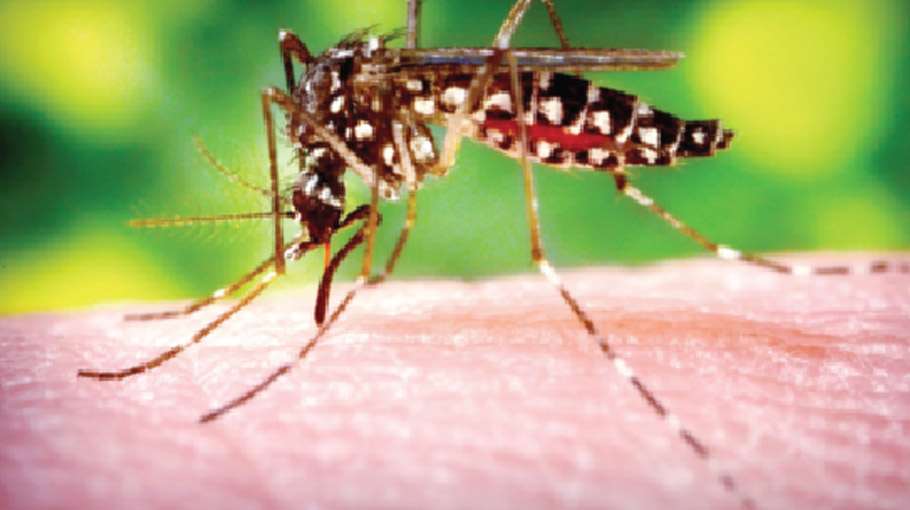Dengue turns deadly
Claims 78 lives in October

The dengue cases continue to escalate across the country with the number of deaths and infections rising daily.
Record shows that some 78 people died and 17,644 were hospitalised in last 19 days.
The country recorded 18,097 hospitalisations and 80 deaths in September, according to the Directorate General of Health Services (DGHS).
On Saturday alone, some 1,121 dengue patients were admitted in different hospitals across the country, while four patients died.
This year, a staggering 48,582 people have required hospital treatment due to dengue, with 241 fatalities reported so far.
Dhaka is experiencing an alarming rise in cases, with hospital admissions surging by more than 1.5 times over the past month. Patients and their families are questioning the efforts of city corporations to control the outbreak.
Experts warn that without improved hotspot management, the situation could worsen further.
Hospitals across the capital are facing an overwhelming number of patients suffering from severe symptoms like high fever and intense body pain, contributing to overcrowding in medical facilities both in Dhaka and throughout the country.
Doctors are observing new complications in this year’s outbreak, particularly a rapid decline in platelet counts among patients. They also note that delays in seeking hospital treatment are making the condition more serious. Medical professionals are urging that prevention should take precedence over treatment in managing the crisis.
Many residents of Dhaka have voiced concerns about inadequate mosquito control measures, noting that mosquitoes often reappear soon after pesticide spraying.
During a visit to Mugda Medical College on Saturday, it was seen that the number of dengue patients continues to rise each day.
Col AKM Johirul Hossain Khan, the director of the DNCC Dengue Specialised Hospital in Mohakhali, said the number of dengue patients has consistently increased since September 10. He called on the public to take greater responsibility in combating the outbreak.
DNCC Chief Executive Officer (CEO) Mir Khairul Alam admitted that while they are implementing their pre-existing dengue prevention strategies, the absence of city councillors is presenting some challenges in controlling the situation.
Experts caution that if immediate steps are not taken, the dengue situation could spread to rural areas too.
They stress the importance of using mosquito repellents and launching widespread awareness campaigns throughout the city. Additionally, they emphasize that everyone must remain vigilant.
Entomologist Manjur Ahmed Chowdhury emphasised the need for effective surveys and the deployment of skilled personnel to ensure proper mosquito control measures are in place.
He also advised using mosquito nets both during the day and night to prevent bites. Additionally, he recommended wearing long-sleeved shirts and full-length pants to minimize exposure. Chowdhury urged people to monitor stagnant water in plant pots, refrigerators, and air conditioners, and to regularly clear water that may accumulate on rooftops after heavy rainfall.
“When sitting down to work, applying mosquito repellent to the feet is important, and it's also wise to carry repellent when going outside. If anyone in the household contracts dengue fever, they must sleep under a mosquito net to avoid spreading the disease,” he added.
It is important to note that in 2023, the country faced its worst dengue outbreak in history, with 321,179 cases and 1,705 deaths recorded.




